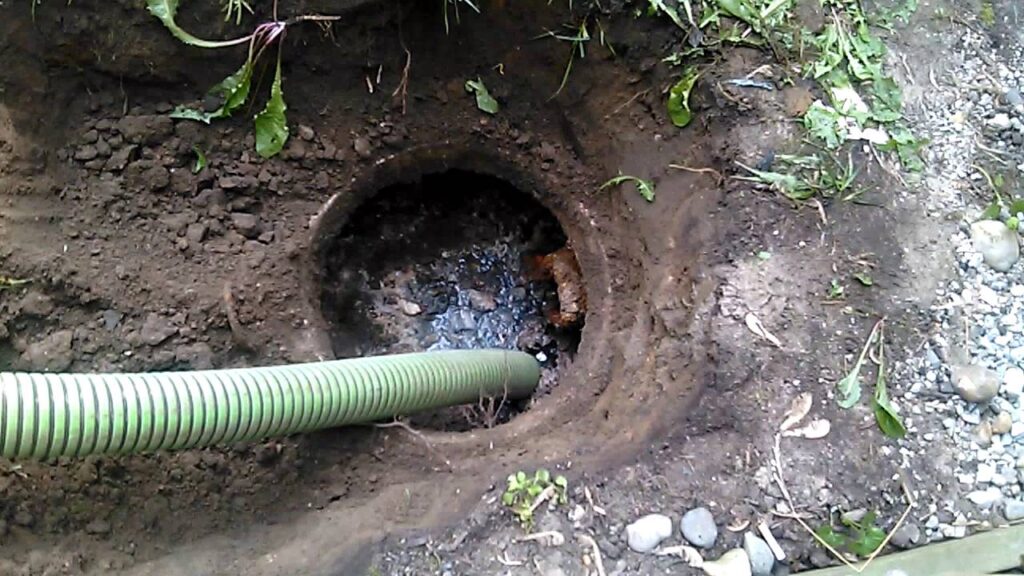Maintaining a healthy septic system – Tips for long-term performance

A septic system is crucial to wastewater management. It efficiently treats and disposes of sewage, protecting public health and the environment. To maintain the health of a septic system and ensure its long-term performance, it must be cleaned and maintained regularly to perform at its highest level. Proper septic tank cleaning is crucial to the overall health and functionality of the septic system. Over time, solid waste and sludge accumulate in the tank, which leads to various issues if not addressed promptly. Here some pros and cons of septic tanks about maintain a healthy and performance.
- Preventing system failures – Regular cleaning prevents septic system failures caused by clogged pipes, blockages, or overfilled tanks. Neglecting tank cleaning can lead to backups, sewage leaks, and expensive repairs.
- Maintaining proper drainage – A clean septic tank allows effective and efficient drainage and prevents excessive solid build up in the drain field. The wastewater is appropriately processed before it is dispersed into the soil.
- Extending system lifespan – By removing accumulated solids, regular cleaning reduces strain on the septic system, preventing premature wear and prolonging its lifespan. Investing in septic tank maintenance saves you from costly replacements down the line.
Effective methods for cleaning and maintaining a septic tank
The following article discusses the importance of septic tank cleaning and explores some practical techniques for keeping the system in optimal condition.
It is recommended that septic tanks be pumped by a professional every 3 to 5 years, depending on the tank size and household usage. Pumping removes accumulated solids, preventing them from reaching the drain field and causing blockages. Excessive water usage overloads the septic system, leading to solid build up and decreased efficiency. Use water-saving fixtures, repair leaks promptly, and spread out laundry and dishwasher loads to avoid overwhelming the system. Avoid disposing of non-biodegradable items, chemicals, oils, or grease, as these disrupt the natural bacterial balance in the tank and impede the treatment process.
To prevent septic problems, it is advisable to use household cleaning products, detergents, and toilet paper described as specifically labelled septic-safe. These products are specifically formulated to be eco-friendly and will not harm the beneficial bacteria within the septic tank’s ecosystem. Consider installing a filter at the septic tank outlet. This filter prevents solids from entering the drain system, reducing the risk of clogs and extending the system’s lifespan. Schedule regular inspections with a professional septic service provider. They assess the condition of the system and any potential issues are recommended appropriate maintenance and cleaning schedules. Taking proper care of the septic system is vital to its optimal performance and effectiveness as a wastewater management system. It’s important to regular maintenance plays a significant role in safeguarding the health and durability of a septic system.





